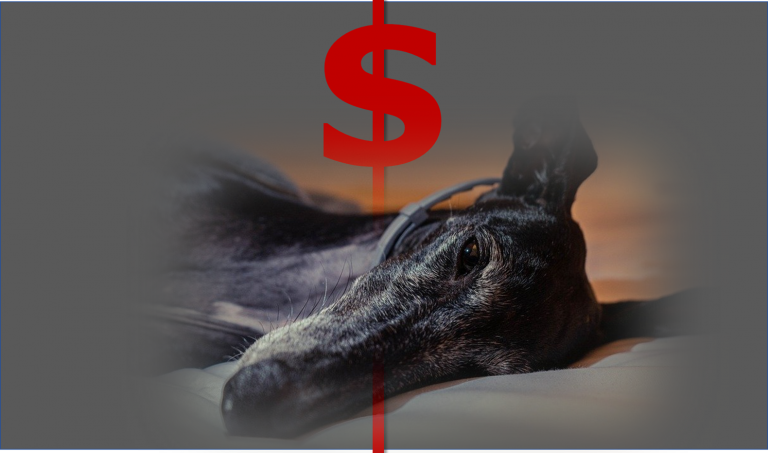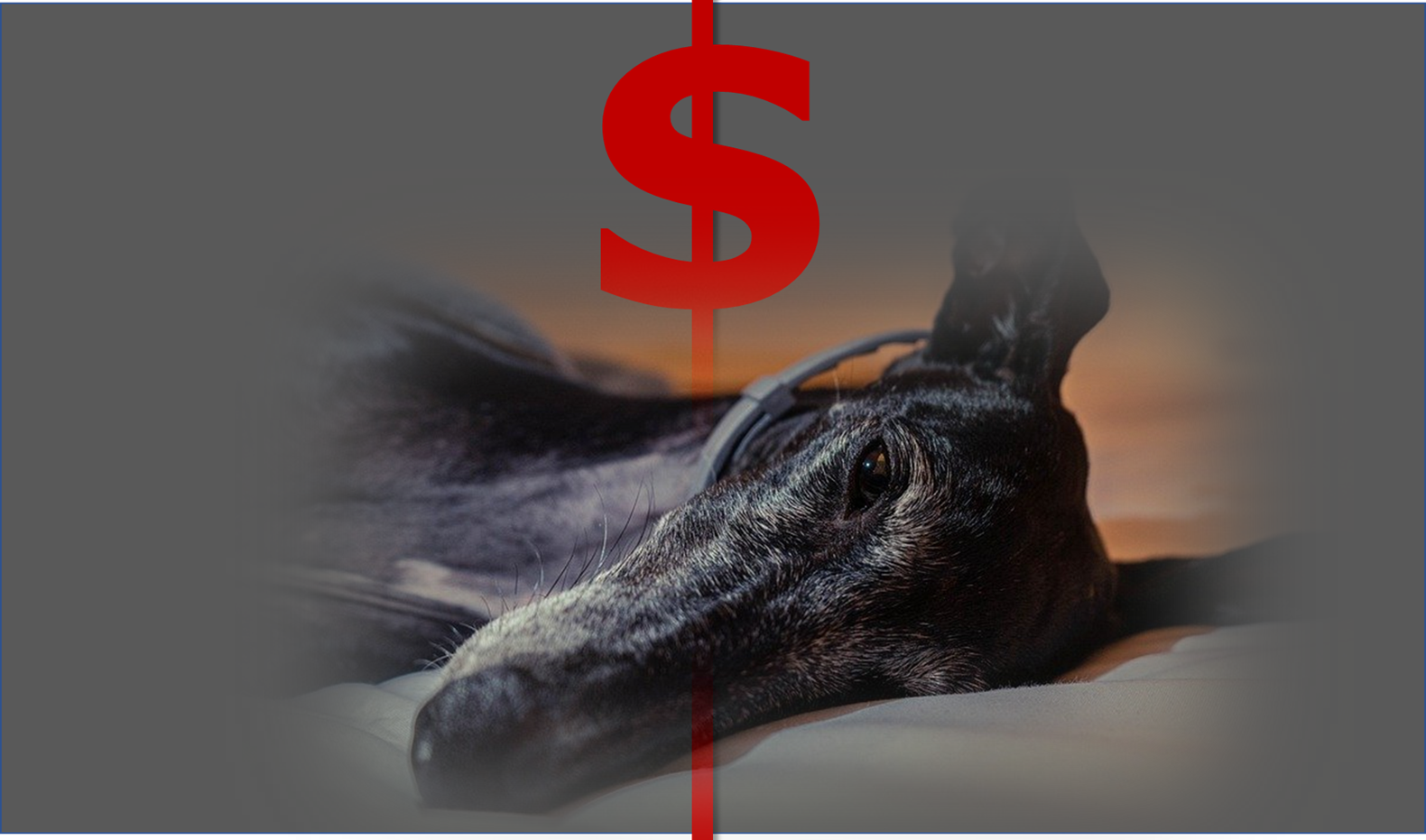
Soft penalties for abuse
Published research shows most Australians feel strongly that penalties for animal abuse are too low.
This also applies to greyhound racing, but the dog racing industry constantly hands out a mere slap on the wrist to its members. For example:- Trainer who doped greyhounds with EPO has 12 year ban cut to 30-months
- Greyhounds test positive for drugs 10 times more than horses at races
- WA dog trainer disqualified for 18 months after using chicken blood
- Wagga racing club president disqualified for 16 months after doping greyhound
- See also Uproar over dog trainer’s ‘soft’ penalty, The Age (Melbourne, Australia), Timna Jacks
- Banned-for-life greyhound trainer still handled dogs years after live baiting scandal
- Queensland dog trainer banned for life for bribe attempt
- Life ban upheld in greyhound blood baiting case
- Man banned from greyhound racing after live animal baiting working in Ireland.
- Greyhounds trainers banned over mass grave in NSW
About industry penalties
It’s also not easy to find information about greyhound racing offence investigations and penalties on the internet. We’ve listed where they can be found for each state racing body here:
- NSW (interim actions) (final disciplinary-decisions) (appeals) (disqualifications, warned off and forfeits defaulters-list)
- VIC (decisions) (upcoming hearings) (historical decisions)
- SA (hearing) (inquiries)
- TAS (decisions) (appeals) (disqualifications, warned off and forfeits defaulters-list)
- WA (disqualifications) (
pending inquiries and appeals) - NT – decisions are all about gambling matters, i.e., virtually no animal welfare matters are pursued
- QLD – decisions remain on the QRIC website for a period of only six months; reconsidered-decisions
The RSPCA has long specified wide-ranging regulatory standards for the greyhound racing industry which state governments have failed to implement.
- comprehensive regulation of greyhound racing by an independent body with a formal and complete separation of the integrity and regulatory functions from the commercial functions,
- adoption of compulsory and enforced animal welfare standards for greyhounds at all life stages to eliminate practices that cause injury, pain, suffering or distress and ensure all greyhounds have a good quality of life,
- adoption of formal processes to address over-supply and wastage rates – there should be an expectation and formal processes in place within the industry that greyhounds will be rehomed as a companion animal on retirement and provisions made to ensure their welfare,
- mandatory collection and publication of comprehensive lifecycle (birth to death records) and injury statistics and the development of a national identification and traceability system for all greyhounds to ensure each greyhound born is accounted for.
Governments want to avoid anything that might reduce the betting tax they get from racing or alienate conservative voters in regional electorates with tracks or anger the powerful racing and gambling industries.
CPG’s series of regulatory reports about the failings of each state’s regulation of the greyhound racing industry are available here (scroll down). Also, you can read about the regulatory structure in each state here.
Related media coverage:
November 28, 2023 – ABC Radio Melbourne, Calls to end all taxpayer spending on greyhound racing, Emile Pavlich
This three-minute radio item covers CPG’s new regulatory report which says that the Victorian Government’s response to date on greyhound welfare has failed to stop greyhounds suffering pain and harm.
November 27, 2023- ABC TV news bulletin (Victoria), CPG Victorian regulatory report
This news item highlights CPG’s call to stop funding greyhound racing in Victoria with public money.
November 27, 2023 – ABC TV news bulletin (Victoria), CPG Victorian regulatory report
April 28, 2023 – ABC Radio Adelaide news (SA)Interview with Elle Trahair on doping and CPG’s SA regulatory report
CPG’s Elle Trahair commented on the doping of the dogs in the racing industry, as part of the findings in our new SA regulatory report.
April 28, 2023 – ABC News Adelaide (SA) Greyhound welfare watchdog calls for out-of-competition drug testing to counter doping in racing industry Leah MacLennan An anti-greyhound racing organisation has called for better regulation of doping in the industry, labelling current controls as “antiquated”, “predictable” and “easily circumvented”, in its new report on SA greyhound industry regulation.

